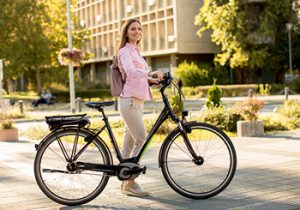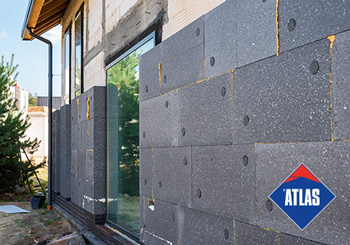- 40m spent on making courts and tribunals more sustainable
- Solar panels and other energy saving technology installed at buildings across the estate
- HM Courts and Tribunals Service on course to reduce emissions by 10%
The money is being spent on a range of measures to improve sustainability and make HM Courts and Tribunals Service (HMCTS) more environmentally friendly, now and into the future.
This includes reducing its consumption of fossil fuels by installing solar electricity panels at a number of buildings across the estate, as well as updating lighting, heating and air conditioning systems to ensure they are energy efficient. In addition, electric vehicle charging points are being rolled out to more buildings to encourage carbon-friendly travel.
This action will help to reduce the emissions generated by courts by 10% – saving approximately 6000 tonnes of carbon by 2025. It comes after four new ‘net-zero ready’ prisons were confirmed recently by ministers, designed to prevent the emission of 280,000 tonnes of CO2 and cut energy demand by half.
Together these steps are ensuring the justice system is playing its part to tackle climate change and help meet the government’s objective to bring all greenhouse gas emissions to net zero by 2050.
Courts Minister James Cartlidge said:
It is vital that we build back greener from the pandemic and take this opportunity to improve sustainability throughout the criminal justice system.
This investment will reduce the carbon footprint of our courts and tribunals by 10% – with solar panels, electric car charging points and more efficient buildings slashing our energy demand.







